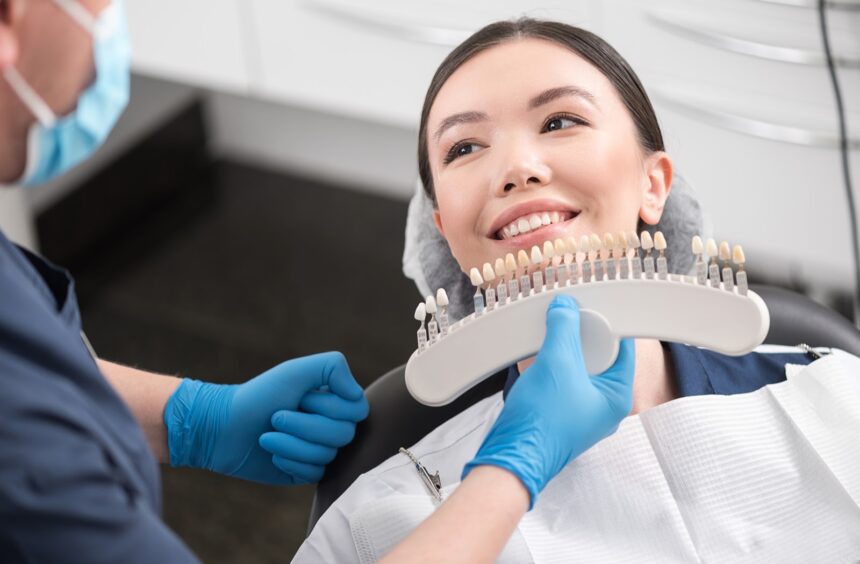Damaged or decaying teeth can affect both your smile and daily function, making routine activities like eating or speaking more challenging. Dental crowns provide a way to restore the shape and appearance of affected teeth while offering durability for everyday use. Because of this, many people choose crowns to improve the overall look and feel of their smile. Here are a few of the roles of dental crowns in restoring your smile and function:
Understanding Crown Basics
Dental crowns are tooth-shaped coverings that can repair damaged teeth by covering the entire visible portion above the gumline, addressing issues such as cracks, chips, and decay. By acting as a protective barrier against bacteria, crowns help to maintain the tooth’s structure while supporting normal biting and chewing. This combination of protection and functionality makes crowns a versatile solution in restorative dentistry.
Crowns serve multiple purposes, especially for teeth that are severely cracked or have large fillings, as they help prevent further damage and reduce the risk of fractures. Teeth that have undergone root canal treatment often receive crowns afterward, which strengthen the weakened structure and restore usability. Additionally, crowns can improve the appearance of discolored or misshapen teeth, creating a more uniform and aesthetically pleasing smile.
The Crown Procedure
Getting a dental crown involves multiple appointments. Your dentist examines your mouth, reviews your dental history, and discusses treatment goals. The tooth is prepared by removing about one millimeter of enamel, and impressions are taken for a custom crown. After the laboratory crafts the crown, your dentist bonds it permanently during a follow-up appointment.
Crown Longevity Factors
Dental crowns typically last between 10 and 15 years, but their lifespan depends on factors like daily oral hygiene, habits, and protective measures at home. Proper care helps maintain crown integrity, prevents damage, and supports overall oral health. Regular brushing, flossing, and professional dental checkups allow your dentist to monitor the crown and address any issues early.
- Daily brushing and flossing: Remove plaque buildup around the crown margins to reduce the risk of decay and gum issues
- Professional cleanings: Conducted every six months to maintain the crown and surrounding teeth
- Protective habits: Avoid using teeth as tools, refrain from nail biting, and wear a mouthguard during sports
- Diet habits: Limit hard foods such as ice, hard candies, and popcorn kernels to prevent fractures
- Regular dental checkups: Allow early detection of wear or damage and help maintain long-term function
By following these steps consistently, you help your crown last longer and keep your smile healthy and fully functional.
Learn More About Dental Crowns
Consult with your dentist to determine if dental crowns are suitable for your teeth, as they evaluate your specific situation and recommend appropriate treatment. During the consultation, your dentist explains the procedure timeline, aftercare, and answers any questions about the process. Crowns provide a way to restore both function and appearance, supporting a balanced and healthy smile. Schedule an appointment today to discuss your options and explore how crowns could benefit your dental health.





